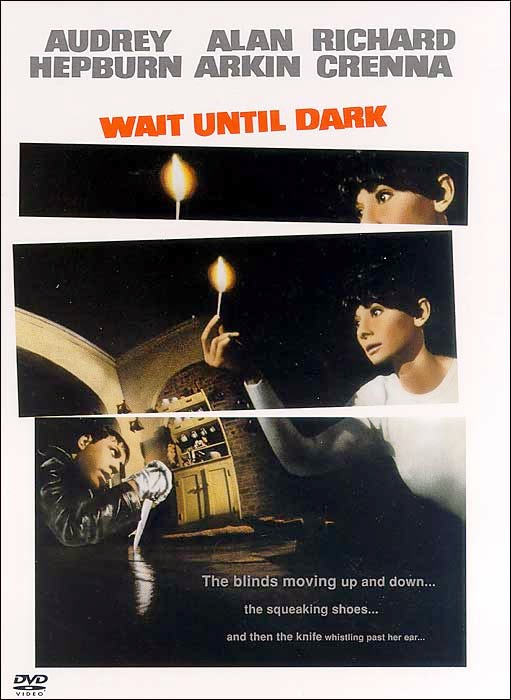EQ: Why and how a writer prepares for a speech. Delivering an original speech. Common Core Standard:
Well, that's why we're doing this. But how do we get better at speaking in public? Watch these brief videos, take notes in your journal, then prepare your speeches for our performances today.
You have the rest of period 3 to rehearse. During period 4 we will come back to 238 and perform/evaluate our performers! Please:
NOTE: If you did not deliver your speech today, you will deliver your speech Thursday. Please make sure you are prepared to speak on Thursday!
HOMEWORK: Rehearse! Prepare your public speech!
- Present information, findings, and supporting evidence clearly, concisely, and logically such that listeners can follow the line of reasoning and the organization, development, substance, and style are appropriate to purpose, audience, and task.
- Evaluate a speaker’s point of view, reasoning, and use of evidence and rhetoric, identifying any fallacious reasoning or exaggerated or distorted evidence.
Well, that's why we're doing this. But how do we get better at speaking in public? Watch these brief videos, take notes in your journal, then prepare your speeches for our performances today.
You have the rest of period 3 to rehearse. During period 4 we will come back to 238 and perform/evaluate our performers! Please:
- Volunteer
- Turn in your speech after you perform. I need a copy to grade you.
- Deliver your speech: keeping in mind the tips we have covered in class!
- While the performer delivers his/her speech, please evaluate the speaker on the rubric.
- Turn in your rubric at the end of class today for each speaker!
NOTE: If you did not deliver your speech today, you will deliver your speech Thursday. Please make sure you are prepared to speak on Thursday!
HOMEWORK: Rehearse! Prepare your public speech!


